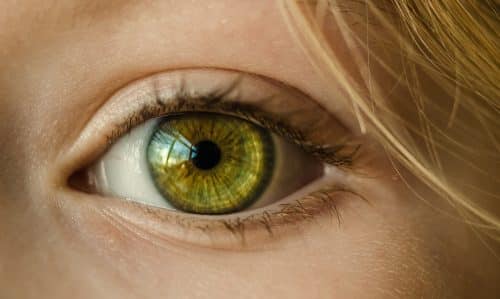Scientists from the Weizmann Institute of Science have found a link between gut bacteria and the development of retinal degeneration

Age-related retinal degeneration is the main cause of blindness in Western countries, but the cause of the disease is unknown and it is not known how to stop it. Scientists from the Weizmann Institute collaborated with researchers from Tufts University in the USA and found a connection between intestinal bacteria and the development of the disease.
As recently published in the scientific journal PNAS (abbreviation of the Proceedings of the National Academy of Sciences, USA), the American researchers discovered that eating simple carbohydrates increases the risk of developing retinal degeneration in mice. Conversely, switching the mice to complex carbohydrates stopped the development of the disease.
This is where research student Tal Korem and other members of Prof. Eran Segal From the Department of Computer Science and Applied Mathematics. The researchers found that when the mice switched to a complex carbohydrate diet, which protects against the disease, the composition of their intestinal bacteria changed.
"It is not known whether the change in the composition of the intestinal bacteria affected the course of retinal degeneration," says Korem. "But if it turns out in the future that this is indeed the case, it may be possible to develop a way to prevent or stop the degeneration through changes in the intestinal bacteria." Dr. Adina Weinberger, Dr. Tali Avnit Sagi and Maya Loten-Pompan also participated in the study.
For an article in the journal PNAS
See more on the subject on the science website:
